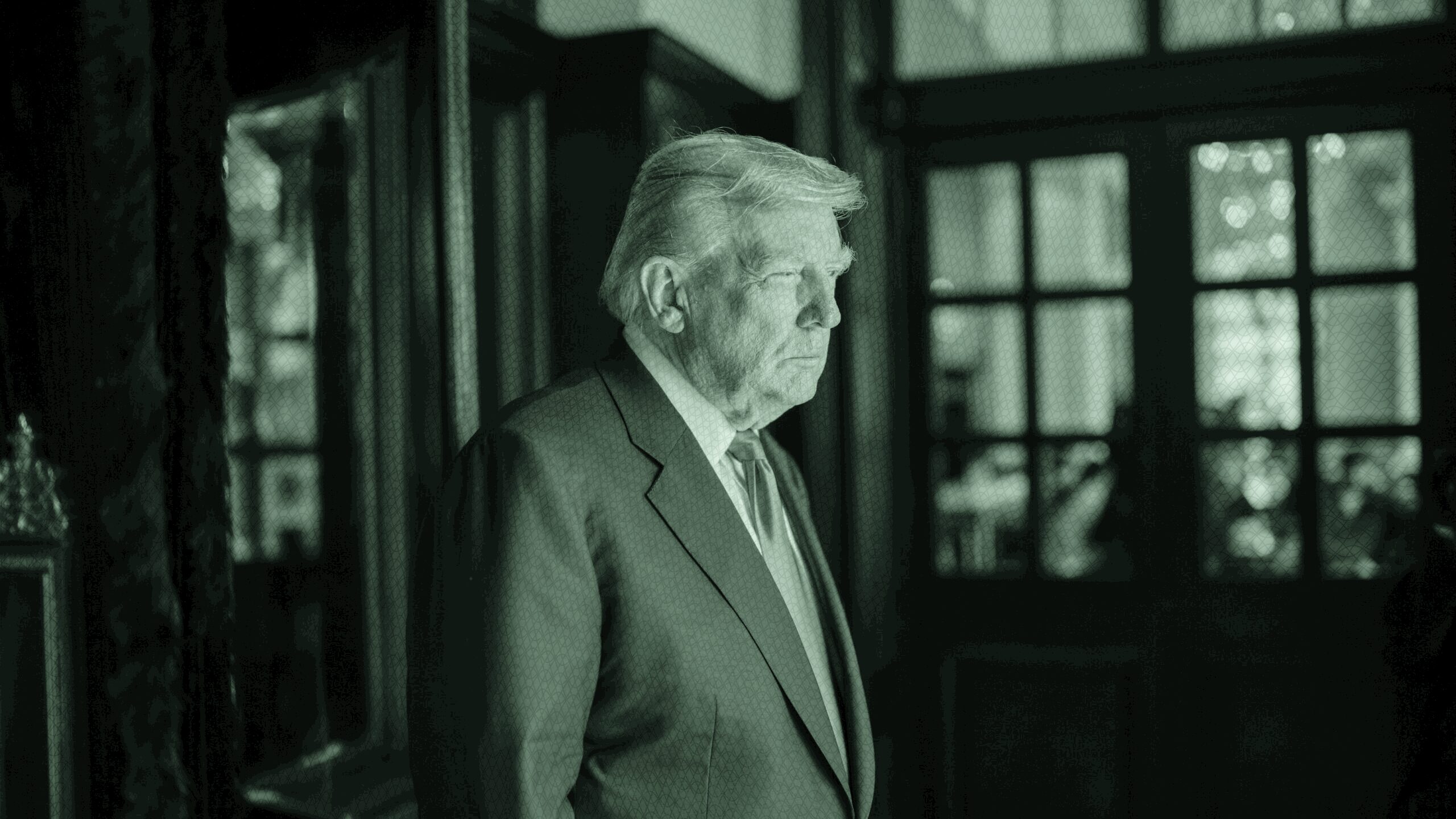What Trump’s Executive Order Means for Alts in 401(k)s
Some praised the move while others said alts in employee-sponsored retirement plans conflict with fiduciary standards and can harm clients.
Sign up for market insights, wealth management practice essentials and industry updates.
How good are the alternatives?
For advisors considering whether and how clients should take advantage of President Donald Trump’s executive order expanding access to alternative investments in 401(k)s, the verdict is split. Retirement plan recordkeepers and the Trump administration’s Department of Labor have praised the move, while industry experts and advisors warn it could lead to confusion, conflicts of interest, and harm to clients whose money moves into less-stable investments they don’t understand.
Alternatives aren’t prohibited in 401(k)s but have historically been rare due to their risks and laxer regulation. Their inclusion in the past has sparked numerous lawsuits under the Employee Retirement Income Security Act, alleging plan committees breached their fiduciary duty to act in clients’ best interests. The order aims to reduce “burdensome lawsuits” and “regulatory overreach,” offering participants greater access to private equity, private credit, cryptocurrencies, commodities, infrastructure and real estate.
Will this deliver great private market returns for clients, or open the door to conflicts? “It’s another windfall for Wall Street at the expense of retirees,” Randi Weingarten, president of the American Federation of Teachers, told Advisor Upside.
In the Record Books
Empower, one of the largest recordkeepers with roughly $2 trillion in assets under administration, welcomed the order. “By opening the door to additional types of assets, we can offer everyday savers access to the same opportunities that have historically powered institutional portfolios,” company CEO Edmund Murphy III said in a statement.
T. Rowe Price echoed the sentiment: “Reducing unnecessary litigation is an important step toward helping plan sponsors focus on delivering the best investment options for plan participants.”
Got a Bad Feeling About This
Industry veterans are less enthusiastic. Highlighting alternatives’ illiquidity, high costs, and opaqueness, Knut Rostad, president of the Institute for the Fiduciary Standard, said it’s “breathtaking” how little the administration understands advisor responsibilities. “This represents a frontal assault … on the heart of what fiduciary means,” he said in a Friday webinar.
Phyllis Borzi, former assistant secretary for the Employee Benefits Security Administration under President Obama, warned of potential conflicts of interest, with brokers and consultants receiving high commissions to push smaller employers and participants toward alts. She also questioned the timing, noting widespread concerns over Americans’ low financial literacy. “You can’t go to any convention or meeting in the investment world … without people talking about the severe lack of financial literacy among many participants and plan sponsors,” she said during the Fiduciary Institute webinar.
Risky Business. For smaller, independent RIAs managing 401(k)s, expanded alt access may not move the needle, since many already see them as too risky. N Financial Plans Founder Amir Noor likened it to a client who recently asked about investing $100,000 in a liquor store: “It’s far more likely that a liquor store is going to close instead of Amazon, so I’d rather just buy shares of Amazon.”












